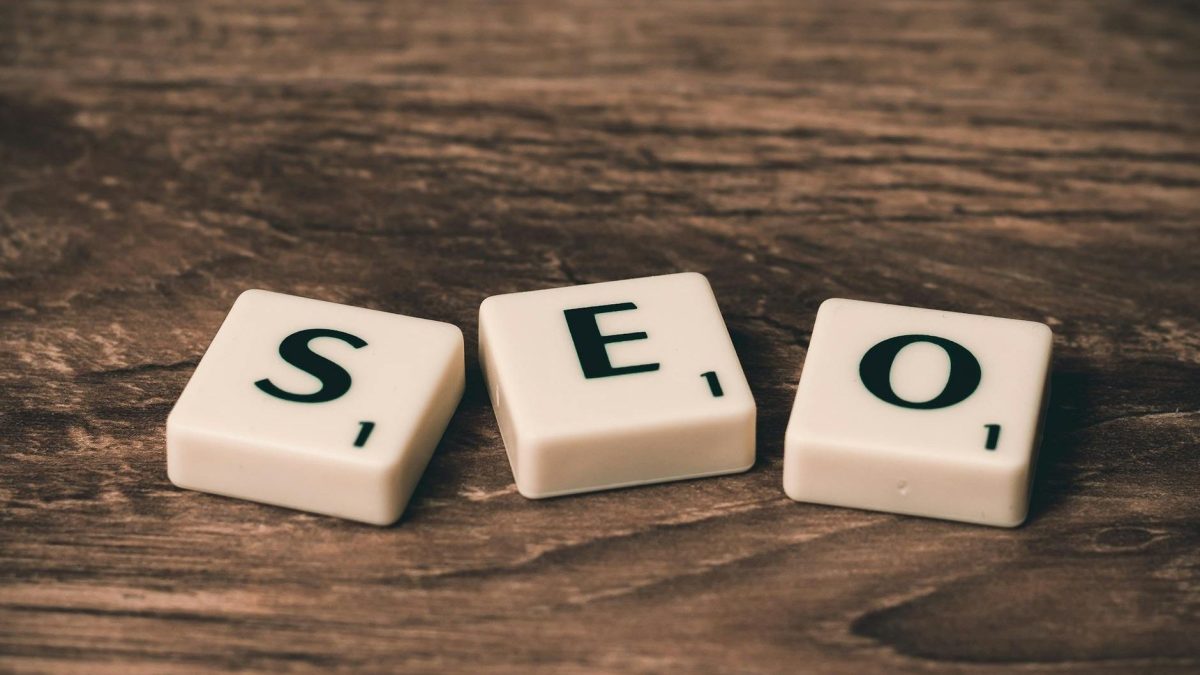Definitions
On pagestrategies , which are much talked about and which any pro webmaster takes into account in the development of their websites, are the actions or strategies implemented within the website to optimise it, in order to facilitate the indexing of content and to position it in search engines. To do this, the content of our website must be designed and written to offer value to our target audience, as well as being focused on keywords.
Off pagestrategies are the actions or strategies implemented outside our website. And we are going to focus this article on these.
So that you understand it, “you have to be and look like it” so that Google will see that the site is well structured, with the right keywords both in quality and quantity (among other things), in addition, you are of interest to users and you create a reputation that Google will not fail to reward it.
In short, we have to make sure that the pages are found and indexed by search engines in a simple way and minimising possible barriers. Our website must be popular and relevant to search engines.
What should I take into account in my OFF PAGE optimisation strategy?
Popularity
The popularity of your website is very important, and to sum up, the popularity index is based on the number of links from other pages pointing to your website.
We are interested in being pointed to pages with a high popularity and that have similar topics to ours. The problem is that this is not easy to achieve, since in most cases it is usually our own competition…
Popularity is one of the most important concepts in organic positioning.
Look, there are pages that even without being 100% optimised in code or text, have a better position than others that are. One of the reasons may be that the page with less “on page” optimisation has many links pointing to your website from other websites.
Google attaches great importance to a large number of pages linking to a particular page. It is as if these pages are giving a vote of confidence. If, in addition, the anchor text (the text to which the link is going to link) contains significant keywords related to the subject matter of your page, so much the better. The search engine understands that not only the owner of the page says what it is about, but that other sites think so too.
What can we do to increase the popularity of our website?
As we have already mentioned, we should increase the number of text links pointing to our website.
Try to ensure that the page that points to us has a low number of links. The lower the number of links, the higher the relevance of our site.
Within our website, have a good structure of internal links and point to other pages through external links. Google pays special attention to this, so it is important that we give it the necessary importance.
And of course, and most importantly, we must create original and quality content. That is why, when a client asks me to pay special attention to organic positioning, I tell them that it is essential to create a blog, create information that may interest their target audience and feed it with original and quality content (if it is not going to be fed, it is preferable not to create a blog). Google will understand that this information must have an adequate positioning so that they can easily find you and your website.
But you may be wondering, how do I get other pages to link to me…? Well, they have even given this a name, so it should not be trivial, don’t you think?
Link building is the technique to get links pointing to our website. It is a topic that we are not going to cover in this post as it would be enough for a new one.
What mistakes should I avoid in link building
- Put too many links on your website, the links should be natural and should always link to something that has to do with your website.
- The links should be scattered throughout the web, that is, do not always put links to the same page, for example, to the home page. This mistake is very common and we should not fall into it.
- Often with the passage of time, content is removed or put in nofollow. It is important that we do not forget the links.
- It doesn’t work either “you put a link on your blog to my website and I to yours…”this is “bread for today and hunger for tomorrow“, but it doesn’t get you anywhere.
- Don’t write a post to fill it with links to your page.
- Where can we put links pointing to our page?
- In directories, forums, blogs, media, social networks and wherever it makes sense and is relevant in the context of that page.
Relevance
The relevance of a page is related to the affinity it has in terms of content for user searches.
However, you know that even though the same web pages are indexed for the same keyword, some are ranked higher than others. This is because search engines give more importance, depending on the relevance of that page for that search criteria.
But how can we increase the relevance of our page for one or more keywords?
- By creating specific pages where we want to be relevant. Don’t talk about many different things on the same page, talk about one thing and provide something interesting.
- Creating content rich in keywords that we are interested in promoting.
- Giving a specific name or title to the page, including the keywords, it is important that the title clearly defines what you are going to talk about on the page.
- With a unique description that is related to the title and content of the page.
- Put the keywords at the top of the page and repeat them throughout the rest of the page, in the headings of each paragraph.
- Highlight keywords with bold and/or <H1> tags.
- Have good keyword density in links.
- Incorporate images with descriptive file names and use the alt attribute to enhance those keywords. Remember that Google is not yet able to position images, so it is important that the image has its title and alt attribute information , so that Google can position it properly.
- Make sure that the main keywords of your site are on as many pages as possible.
Techniques to avoid
Some of the aspects that we should avoid on all pages:
- Having home pages with virtually no text content.
- Not having specific metatags for each page. Check your pages well, and dedicate the necessary care to this part.
- Using automated tools to place links on other pages or requesting automatic submissions.
- Do not use friendly URLs.
- Avoid all kinds of tricks to trick search engines, also known as metatags: hidden text, redirects with hidden text, fictitious links, cloaking, link farms or paid links, mirror sites or duplicate content, etc.
The anecdote
As you can see, the world of SEO is much more complex than it seems, and I can assure you that this is a tiny part of what it really is…
An SEO teacher told me one day, when someone tells you that SEO is free, deny it flatly, because the person who has the ability to perform a good SEO, has the nasty habit of eating every day…








